MercoPress. South Atlantic News Agency
Agriculture
-
Monday, December 3rd 2018 - 07:48 UTC
President Xi on official visit to Argentina signs 30 agriculture and investment deals

China's president on Sunday signed new trade deals with Argentina as the Asian giant expands its growing role in Latin American economies. Presidents Mauricio Macri of Argentina and Xi Jinping of China announced the more than 30 agriculture and investment deals during a state visit following the Group of 20 summit of leaders in Buenos Aires.
-
Thursday, November 29th 2018 - 11:12 UTC
Cannabis-based meds plant opens in Uruguay

ICC Labs Inc., a subsidiary of Canada’s Aurora Cannabis Inc., opened Wednesday in Montevideo and became the subcontinent's first producer of cannabis-derived pharmaceuticals with a capacity “to supply almost the entire South American continent,” according to the company's CEO Alejandro Antalich.
-
Tuesday, November 27th 2018 - 08:59 UTC
US and Argentina ready to sign a two-way fresh beef deal

Argentina is on the verge of signing a deal with the United States that would allow two-way trade of fresh beef for the first time in nearly two decades, the country's international trade secretary, Marisa Bircher, said. The agreement, expected to be signed within days, would simultaneously open beef imports to both countries, Bircher told Reuters in an interview.
-
Tuesday, November 27th 2018 - 08:03 UTC
Brazil's Minerva and Alibaba agree on five-year beef supply deal to China
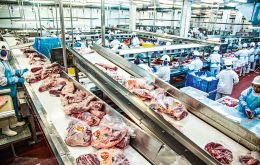
Brazilian food company Minerva SA has signed memorandums of understanding with China's Alibaba and another five clients in the world's most populous nation to supply frozen beef for a period of five years.
-
Friday, November 23rd 2018 - 09:45 UTC
Argentina: waiting for a strong agriculture recovery to help end recession
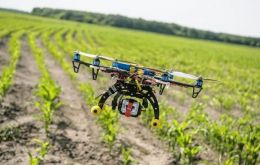
The industrial production in Argentina dropped 4.8% in October compared to the same period a year ago, accumulating a seven-month consecutive slide, according to the Center of Economic Studies from Orlando Ferreres. Between January and October manufacturing activity registers a 3.5% contraction relative to the same period in 2017.
-
Friday, November 23rd 2018 - 09:44 UTC
New Zealand promotes trade and farm expertise with Argentina and Uruguay
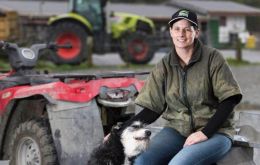
Farmers, dairy product manufacturers and trade representatives in Uruguay and Argentina are hearing a New Zealand take on current agricultural issues this week.
-
Thursday, November 22nd 2018 - 09:19 UTC
Brazil's future agriculture minister does not discard dumping Mercosur

Tereza Cristina, tapped by President-elect Jair Bolsonaro to head Brazil's Agriculture Ministry, said on Wednesday the country could decide to abandon the Mercosur trade bloc if it failed to address inequality.
-
Wednesday, November 21st 2018 - 08:32 UTC
Brazilian farmers in Mato Grosso satisfied with the soybean planting progress
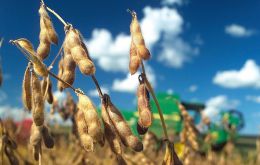
Brazil's Mato Grosso farmers are happy about their soybean planting progress this year, as they have finished sowing almost 90% of their soybean acres and are expecting an early harvest at the end of December.
-
Monday, November 19th 2018 - 19:52 UTC
Technology and packaging help Chilean fruit exports conquer Chinese market
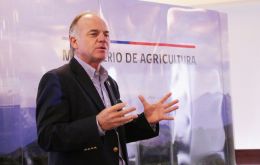
The standardisation of products through technology advancements has helped Chilean fruit exporters conquer China as a destination, it was the reported.
-
Thursday, November 15th 2018 - 09:01 UTC
Argentina becomes a major importer of US soybeans
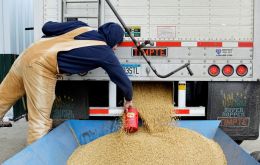
The world of soybean shipping has turned upside down thanks to the ongoing U.S.-China trade war. Argentina, the No. 3 global soy grower, is making major purchases of U.S. supplies. A weekly measure of US shipments to Argentina just rose to the highest in at least 35 years, U.S. government data showed Tuesday.
